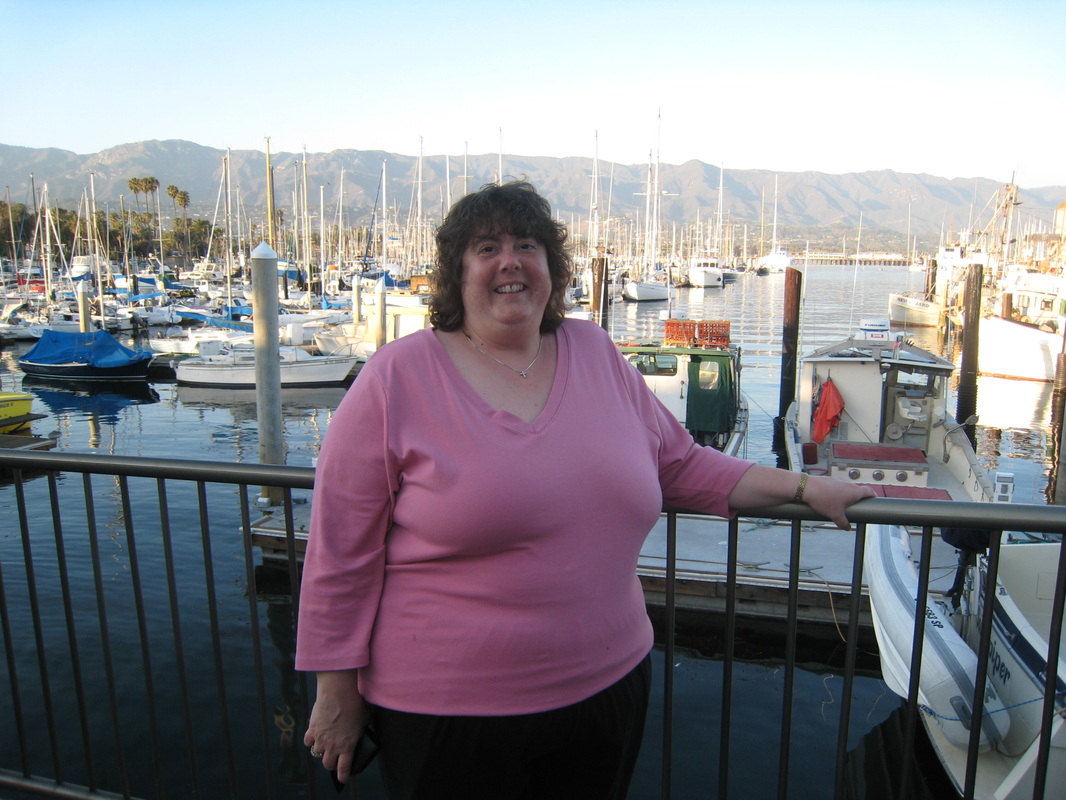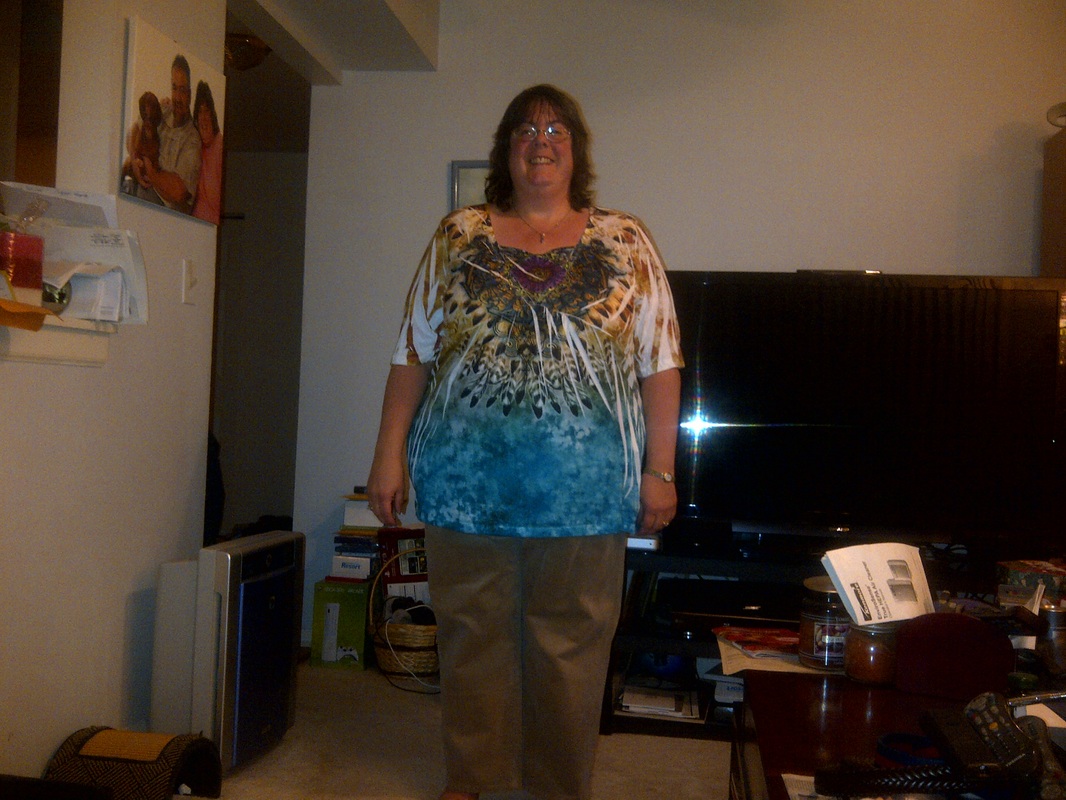My boss has been on and off the Atkins diet for several years. Two years ago, she asked if I and a co-worker would like to join her in her weight loss efforts. Not wanting to be the odd man out, I agreed. At the time, I knew that I needed to lose weight. I'd been having considerable back pain, and I had no stamina or energy. I'd had two surgeries (1 major) in the year prior to starting a low carb WOE and developed an infection at the surgical site that required 2 months of treatment at a wound care clinic. I had not been diagnosed with diabetes, but it runs in my family and I knew that if I'd continued down that path it would ultimately lead to diabetes.
The weight just seemed to fall off, and I had more energy and no hunger or cravings. I ate 3 meals and 2 snacks daily. I used a tracking program to monitor my carb intake (which also required calorie tracking, but I was not particularly concerned about eating within a certain caloric budget). I immediately noticed an increase in energy and I was in a much better mood. My near-constant GERD is gone.
While I initially followed the Atkins plan and began to research low carb diets and the nutrition behind low carb eating, I realized that a lot of the processed foods that are allowed on the Atkins plan were not healthy and I gradually eliminated processed foods from my diet and transitioned into a primal diet. Currently 90-95% of my diet consists of whole, unprocessed foods. I strive to eat mostly locally-sourced foods, grass-fed meats, and pastured dairy and eggs from a local farm. I now eat 2 meals and 1 snack daily, eating the majority of my calories between the hours of 3:00 p.m. and 10:00 p.m.
I have maintained my weight loss for just under a year. While I would like to continue to lose weight (approx. 100 more lbs), I am more concerned with the quality of foods that I am now eating, rather than the quantity.
I never found the transition to be challenging. It is now second nature to eat this way. My husband and I shop more often so that we can take advantage of the fresher foods, so it has become more time-consuming and it is more expensive to do so.
What advice (if any) would you give to someone interested in trying a carbohydrate-restricted or paleo diet? Were there any obstacles that you overcame that could help future dieters?
Read all you can and research the types of low carb plans that are out there so that you can choose the plan that best works for you. Knowledge is power. Be prepared to face considerable push-back from the majority of the population that insist that the low carb WOE is unhealthy and unsustainable. In reality, this is this a far healthier WOE and it most certainly is sustainable for life.
Tried a paleo or low carb diet? Join Today and contribute to a better understanding of this way of eating!


 RSS Feed
RSS Feed
